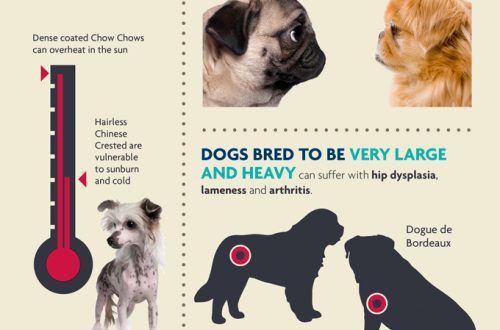
Can a dog have cinnamon
Any responsible dog owner is very careful about what he feeds his pet. Your dog needs a nutrient-rich diet to help him grow and be healthy.
But knowing what is in the treats offered to pets is no less important. A sweet treat, which includes cinnamon, may seem delicious to the owner, and undermine health to a four-legged friend. Is cinnamon bad for dogs?
Contents
Can a dog have cinnamon

Should you give cinnamon to dogs? This question cannot be answered unambiguously. If a pet eats a small amount of cinnamon, there is probably no need to worry about the consequences. In very small doses, cinnamon should not cause any adverse reactions.
However, high doses and some types of this spice can pose certain risks. Katherine Angle, MD, on her pet poisoning hotline confirms that the problem lies not in the ingredient itself, but in its quantity and form, which leads to the formation of toxins. High doses of ground cinnamon or the essential oil can cause low blood sugar levels, liver disease, vomiting, diarrhea, and changes in heart rate in an animal, she says. According to Dr. Angle, 1 teaspoon of ground cinnamon and even less oil is considered a high dose.
Dogs usually experience irritation and allergic reactions after eating cinnamon, especially in the mouth. In addition, pets can inhale the spice, which can cause lung irritation, difficulty breathing, or coughing.
If a four-legged friend eats cinnamon, the first thing to do is determine what kind of cinnamon he ingested and how much. Having found out what kind of spice – sticks, spices in baking or something else – the dog has eaten, you can call the veterinarian and consult on further actions.
Can dogs have spices
While cinnamon is one of those spices that a pet can consume in very small amounts, there are a few spices that you should not let your four-legged friend in.

Can a dog eat nutmeg
Dr. Charlotte Flint notes that when nutmeg is swallowed in large quantities, the toxicity of myristicin can cause symptoms such as hallucinations, disorientation, heart palpitations, high blood pressure, dry mouth, abdominal pain, and possibly convulsions. These adverse effects are unlikely to occur if the pet eats food flavored with nutmeg. However, pure nutmeg should be avoided.
Can dogs eat onion or garlic powder?
Since the dog should be kept away from onion and garlic, you need to make sure that the spices based on these vegetables are stored in a safe place inaccessible to the pet. This applies to all members of the onion family – shallots, green onions, garlic, or any other dried onion products.
Can dogs eat salt or pepper?
Black pepper is not necessarily toxic to dogs, but excessive consumption can cause stomach problemssuch as gas or diarrhea.
As for salt, strictly speaking, it is not a seasoning, but a mineral. However, salt is also on the list of ingredients that dogs should stay away from. Like cinnamon, salt is only harmful if the pet consumes it in large quantities. Among other things, excess salt intake may raise blood pressure or aggravate heart disease.
Although cinnamon in small quantities will not harm the dog, it is still best to keep it out of reach, both during cooking and during storage. If you have any concerns related to the use of seasonings and spices by your pet, you should immediately contact a veterinarian.
See also:
- Food Allergies in Dogs: Symptoms and Treatment
- Treats for dogs: what and when to treat
- Balanced nutrition for puppies and dogs of all ages
- Can dogs have cheese





